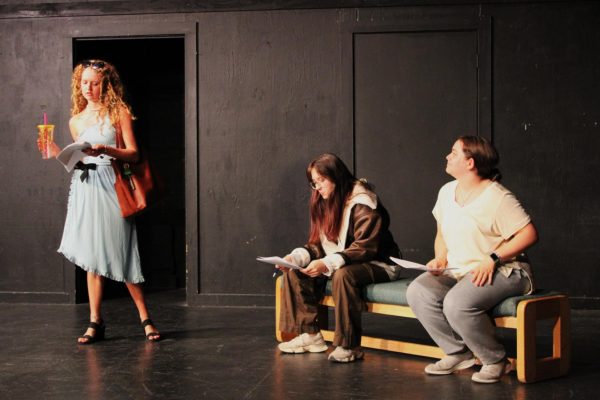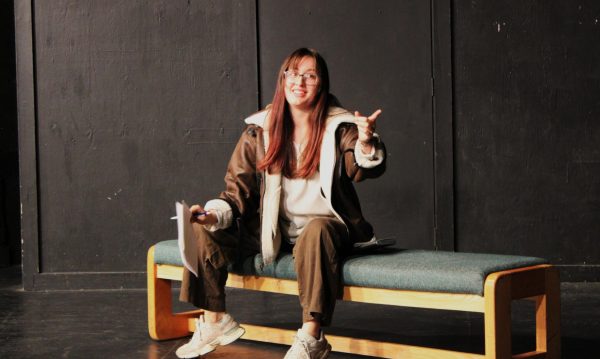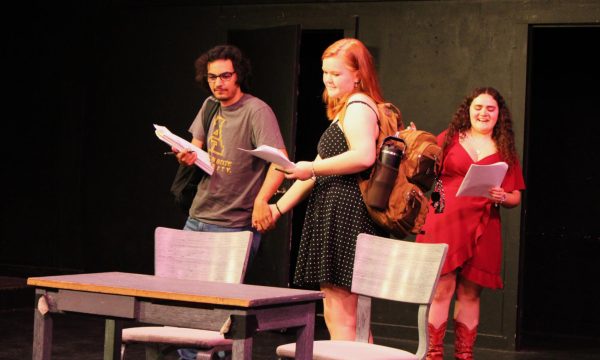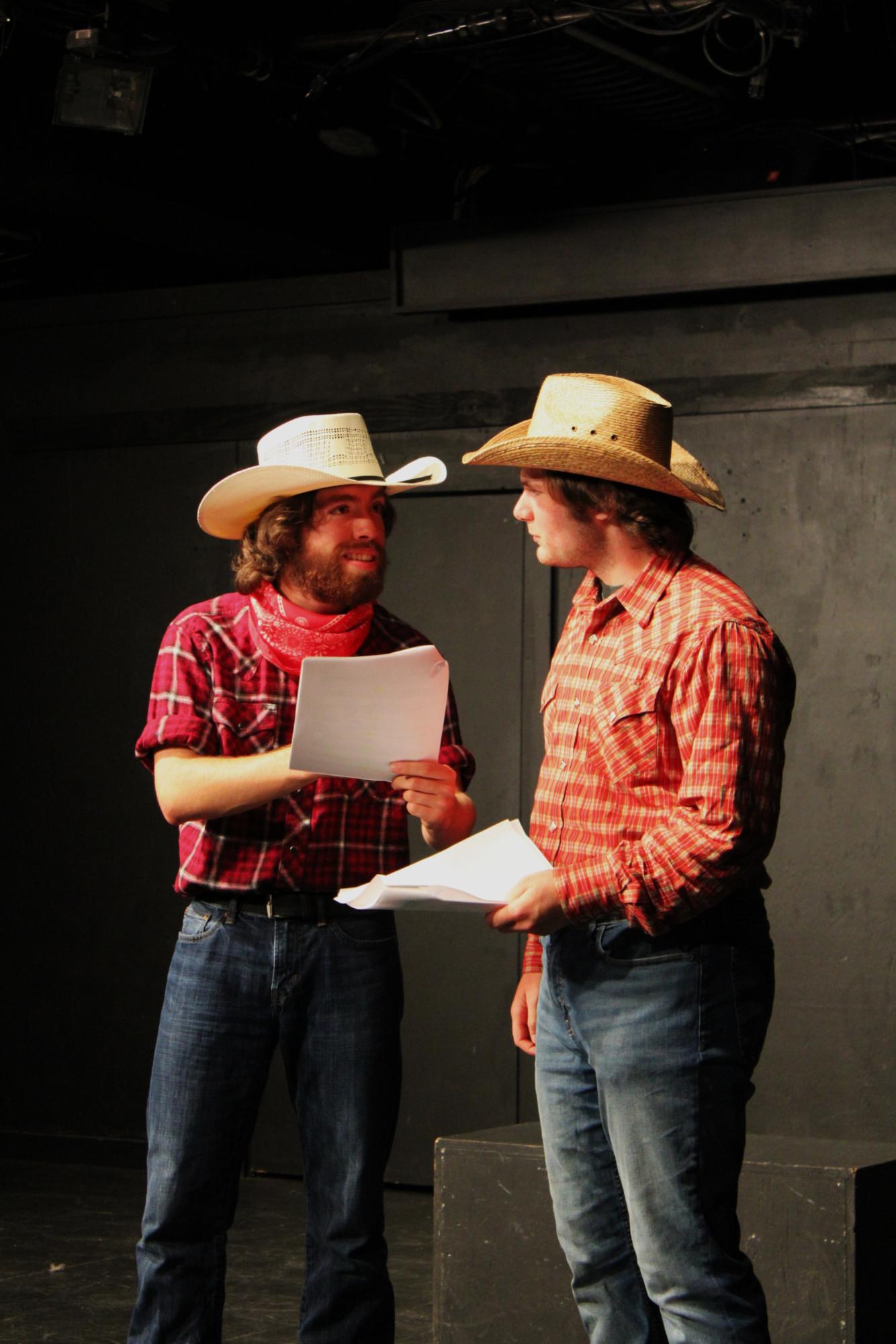After fighting through sleep deprivation and hunger, the Playcrafters were still able to put together and perform five skits over the weekend in only one day.
The Playcrafters, a theater club, held a 24 Hour Play Festival from 7 p.m. Friday to 7 p.m. Saturday at Chapell Wilson Hall.
Robby Steever, a sophomore general theatre major and public relations chair for the Playcrafters, said it is an all-encompassing theater club that allows members to participate and experiment in different roles of a production.
The club is App State’s oldest student organization, according to the Department of Theatre and Dance.
“We basically just bring everything together and let everyone have the opportunity to do it,” Steever said. “It’s open to everybody.”

Derek Hoeung, a freshman theatre education major who wrote for the festival, found a sense of community participating in the event.
“As a freshman, it’s a great way for me to kind of step into the theater program and get more involved and meet other people, all the while kind of improving on my skills because there’s a place for everybody in this festival,” Hoeung said.
Hoeung said the high intensity of the time crunch affects his creative process, bringing out a more vulnerable and exciting approach to theater.
“I’ve heard studies that people are more honest when they’re tired, and I think honesty shows up best in artwork,” Hoeung said.
Steever said the participants only had four hours to rest during their tight production schedule, with a one-hour break before showtime. Pizza was provided as fuel for the morning after writing.
Mac Wiggs, a junior theatre performance major, wrote and performed at the festival. She said she appreciates the fast deadlines because it leaves no room for procrastination.
“It works better for me, otherwise, I’d never finish anything. Like, if I was writing something, I’d never finish it unless there was a deadline,” Wiggs said.
“It might be a little bit restricting on how much you get to play with your ideas, but at least it gets them out on paper.”

Steever said the writing process lasts around five hours and is driven by the surprise phrase given to them at the start of the festival. This year, writers were challenged to use the phrase, “I hope it kills you,” in their scripts.
Following the designated writing period, scripts were chosen, and actors arrived to begin auditions around 12:45 a.m.
Kenzie Eller, a junior English major and actor for the festival, finds the audition process to be one of the most strenuous aspects of the 24 hours.
“Honestly, getting out of the audition is what I’m like excited for because I’m like once it’s over, it’s over,” Eller said. “It’s kind of out of my hands at that point.”
The shorter time period allotted to the actors to prepare was found to be one of the biggest differences between this festival and a traditional theater production. Gabrielle Adams, a sophomore Chinese major and actor, said this was a big adjustment for their preparation.
“It’s very fast and I’ve never done something like this before, so this is entirely new to me,” Adams said. “Usually, this stuff will take place over a course of weeks or months, and it’s all condensed down to one day, so that’s crazy.”
After 24 hours of preparation, the Playcrafters transitioned to IG Greer Hall to perform at 7:15 p.m.
The Playcrafters put on five 10-minute plays, each one incorporating the key phrase, “I hope it kills you,” in their own way.
The plays varied from comedic skits about Irish potatoes to opera-singing cowboys, and commentary on the varied perceptions and definitions of wealth in society.

Wiggs said the diverse range of plays challenged the actors to connect deeply with their characters.
“The acting teachers tell us, you don’t lose yourself in the character, you find yourself in the character,” Wiggs said. “You find what’s the closest to you in that and build off of that.”
Eller said having patient and compassionate directors who are willing to work with actors makes the event more engaging.
“They were like always making sure to lead with positive feedback, and it was constructive, it was never negative, which I always really appreciate,” Eller said.
“Knowing that you have other people who are also going through this with you will not only establish that community, but also just makes you feel like you belong somewhere,” Hoeung said.


